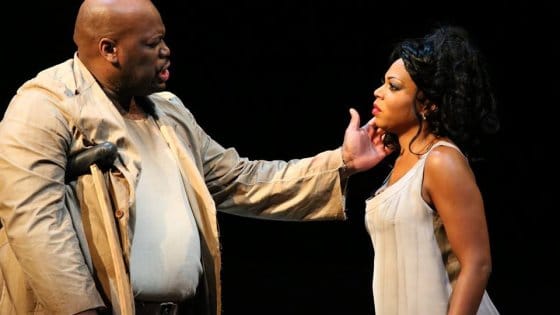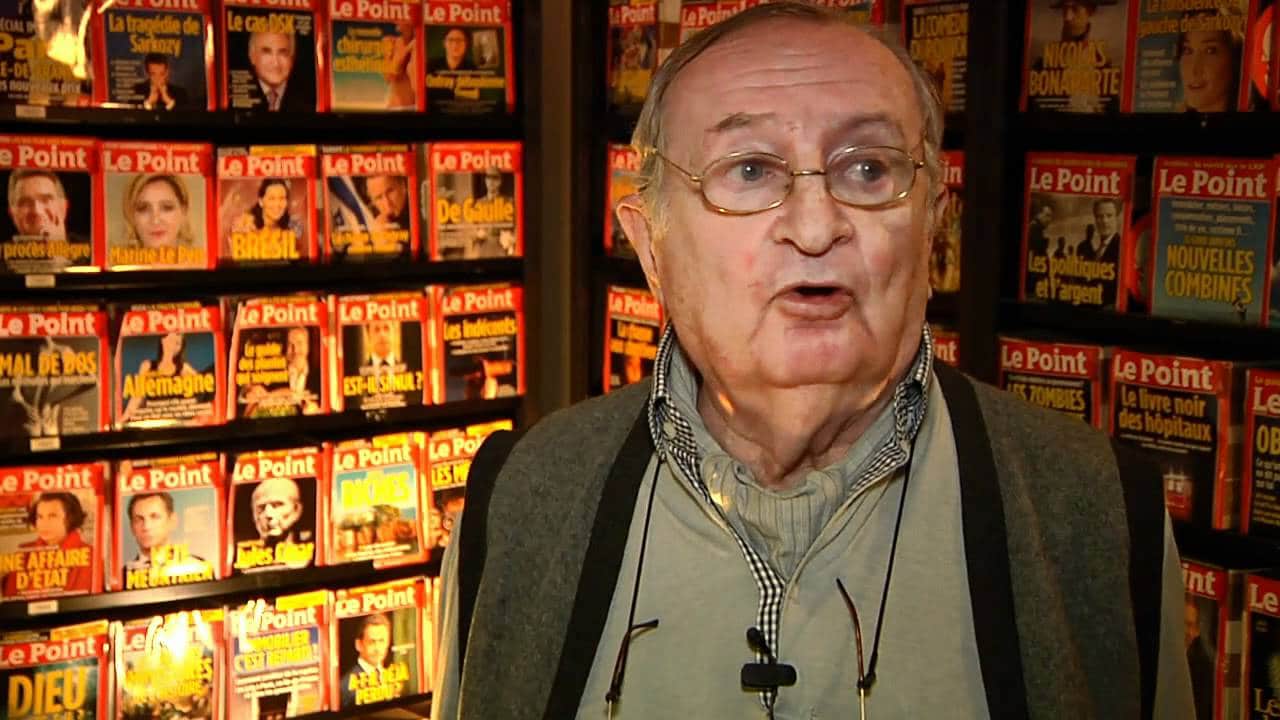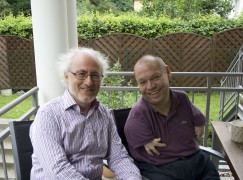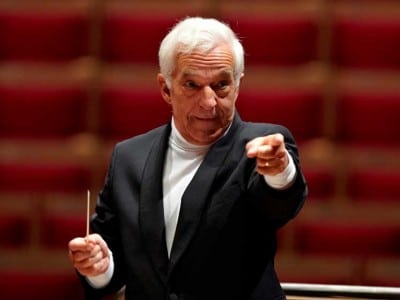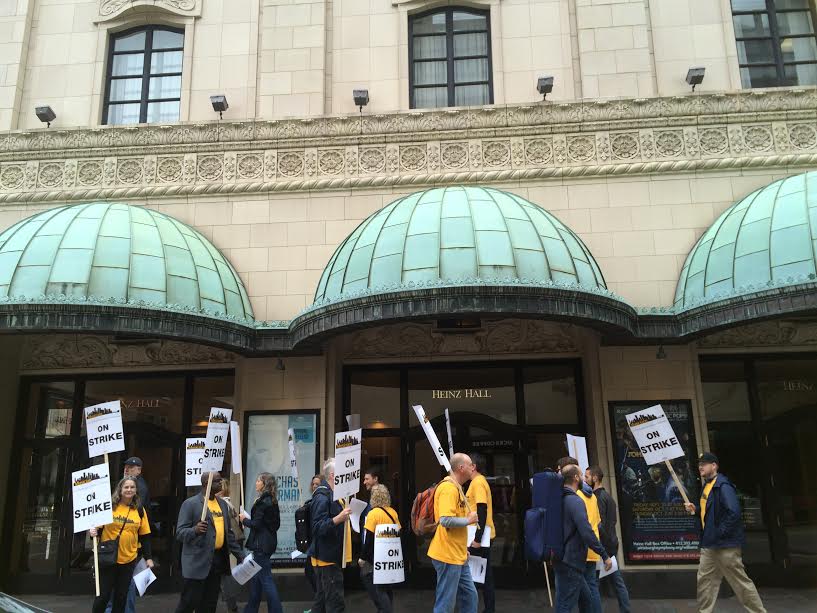PITTSBURGH— On November 18, 2016, the Pittsburgh Symphony Orchestra, Inc. (PSI) and the American Federation of Musicians, Local 60-471 negotiating committee representing musicians of the Pittsburgh Symphony Orchestra (PSO) agreed upon the terms of a new five-year contract. Today, the musicians of the PSO ratified the agreement, which had been ratified over the weekend by the PSO’s Board of Trustees. This agreement ends the work stoppage which began on September 30, 2016. The new contract runs through September 5, 2021.
PSI management and the musicians had disagreed over management’s proposals to reduce wages, transition the current defined benefit plan to a defined contribution plan, and reduce the number of contracted players.
“The management and Board of Trustees of the Pittsburgh Symphony are unwavering in a collective commitment to our orchestra’s artistic mission and to its excellence—past, present, and future,” said Melia Tourangeau, President and CEO. “We asked the musicians to be a partner in the solution to the exceptionally difficult financial position we are working to correct and we are grateful for their sacrifice. They have, indeed, come together with us in a powerful way to help position the Pittsburgh Symphony’s future.”
“At the same time,” Tourangeau continued, “we recognize that there is a tremendous amount of work ahead for all of us—and we will be depending on the ongoing passion and generosity of the Pittsburgh community to help us as we continue to implement our five-year strategic plan to help ensure long-term stability for the Pittsburgh Symphony.”
The new contract calls for a 10.5% salary concession in the first year of the contract; however, a generous contribution from an anonymous donor provides for additional compensation that brings the actual wage cut to 7.5%. There is a salary freeze in the second year; a 3.3% increase in the third year; a 2.0% increase in the fourth year; and restoration to the 2016 base salary of approximately $107,000 in the fifth year of the contract. The musicians and management also agreed to transition the existing defined benefit pension plan to a defined contribution plan. Contributions from PSI, Inc. into that new plan will be at 8% per year, with some additional contributions to those musicians most adversely affected by the transition.
In addition, the musicians and management agreed to retain an orchestral complement of 99 musicians and two librarians. However, three currently vacant orchestral positions will remain unfilled for the life of the new contract.
“These were painful and substantial concessions,” said Micah Howard, chair of the Pittsburgh Symphony Orchestra Committee. “But we agreed to work with management to face our financial challenges head-on. Both parties came together in the spirit of true compromise, to ensure that we can resume performing at Heinz Hall.”
Previously, management had pledged to analyze internal expense controls, including prudently cutting expenses where necessary and aligning resources with its new strategic plan. As a result, more than $800,000 has been cut from the administrative budget—including the elimination of 10 staff positions and a reduction in compensation for the CEO—representing 15% of that total budget.
“Since beginning negotiations in February, it has been a long and challenging path to reach a contract agreement. There is no question that it is necessary for the management team and the musicians to embrace a significant amount of shared pain so that we can find a way forward,” said Board Chair Devin McGranahan. “We appreciate the support and dedication of the Board of Trustees, our patrons, our government, community and foundation partners—and all those who helped to facilitate this outcome and it is now time for our community to come together to support the future of this incredible institution.”
Pittsburgh Symphony Orchestra Music Director, Manfred Honeck, upon learning the news of the newly ratified contract, said, “I am just delighted that we will once again experience the unique artistic excellence of our world-class musicians and be able to welcome our loyal audiences back to Heinz Hall. It is a special Thanksgiving blessing that the Board of Trustees, management, and our musicians have reached this exceptionally important agreement. I cannot wait to return to Pittsburgh to be reunited with my Heinz Hall family.”
On December 2 and December 4, as a special “thank you” to the community and to celebrate the orchestra’s return to the Heinz Hall stage, Manfred Honeck will conduct the Pittsburgh Symphony Orchestra in two unique programs. The concerts are free, though tickets must be reserved in advance by calling the Pittsburgh Symphony Orchestra box office at 412-392-4900. For general information regarding other upcoming concerts, ticket holders may call the box office. In addition, pittsburghsymphony.org will have updates for patrons as the concert season resumes.




